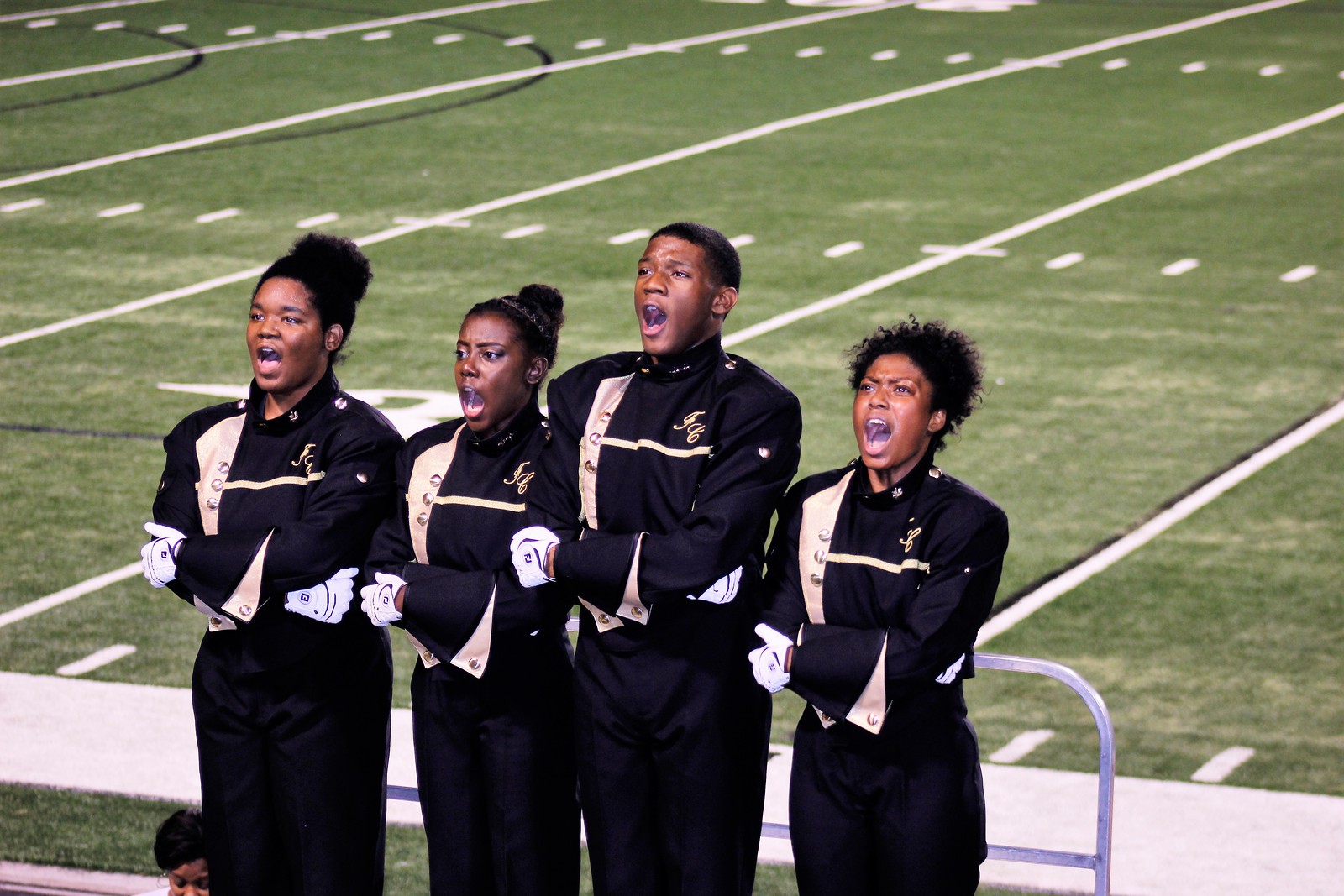[2013] HCA 25. eds., 2013. 21/05/2012 Supreme Court of Victoria (Court of Appeal) (Mandie and Bongiorno JJA and Almond AJA) [2012] VSCA 95. unconscientious advantage of the opportunity created by a patron's special disadvantage, https://blackboard.qut.edu.au/bbcswebdav/pid-9418829-dt-content-rid-, 40745281_1/courses/LLB205_21se2/Hyacinth_LD%20Repository/Learn/Extra%20resources, Na (Dijkstra A.J. However, a person who has constructive knowledge does not actually know of the special disadvantage. Our best expert will help you with the answer of your question with best explanation. This case also mandated that a particular act that has been condoned in the past would not be condoned in light of the present day unless it is essential in the interests of justice. Reg No: HE415945, Copyright 2023 MyAssignmenthelp.com. Unconscionable conduct in future gambling cases? recommend. The Court highlighted that Kakavis did not present himself as someone incapable of making worthwhile decisions for himself. That will not always be manifested in a demonstrated inequality of bargaining power or in a demonstrated inadequacy in the consideration moving from the stronger party to the weaker. Kakavas appeared to be a successful businessman whose finances were in good shape, and he appeared to be making he own choices about whether and where to gamble. He was also what is known in the industry as a 'high roller'. In view of its analysis and findings, the High Court dismissed the Appeal against the decision of the Court of Appeal of Appeal with costs. UL Rev.,37, p.463. We have partnered with PayPal, Visa and Master Card to process payments Precedent and doctrine in a complicated world. The Courts reasoned that the Appellants condition did not take away his ability to decide and that the Appellant was capable of making rational decisions with regard to the relationship between him and the Respondent. The first category here brings into consideration the concept of Ratio decidendi. This case related mainly to the obligation on part of a casino to protect the interests of its patrons. In establishing the state of mind required to take action on unconscionable conduct,the court used a higher threshold than it had ever done in previous cases by requiring that theclaimant proves the stronger partys predatory state of mind. The Court of Appeal, while affirming the trial Courts findings, dismissed the Appeal and held that the Appellant was not suffering any special disability as to lead to unconsented advantage by the Respondent. This effect is considered to be an absolute economic loss and thus the same dictates that the courts cannot infer the same to be breach of duty of care. This claim was, however, dismissed at the interlocutory stage hearing. Equity Unconscionable dealing Appellant gambled at respondent's casino over extended period of time Appellant alleged to suffer from psychiatric condition known as "pathological gambling" Appellant also subject to "interstate exclusion order" for purposes of Casino Control Act 1991 (Vic) at all relevant times Whether series of gambling transactions between appellant and respondent affected by unconscionable dealing Whether respondent liable for unconscionable dealing in circumstances where its officers did not bring to mind matters known to them which placed the appellant at a special disadvantage What constitutes constructive notice of a special disadvantage in a claim of unconscionable dealing against a corporate person Whether 'equality of bargaining position' test for determining whether person under 'special disadvantage'. This includes plagiarism, lawsuits, poor grading, expulsion, academic probation, loss of scholarships / awards / grants/ prizes / titles / positions, failure, suspension, or any other disciplinary or legal actions. Such disregard would bring about an ambiguous and discretionary situation where the position of law in a particular matter would depend on the interpretation of a particular judge. High Court Judgment. This must also be considered that in such a case the precedential value of a particular judgment would supersede the interests of justice and the same cannot be condoned. During 1968 a company known as La Lucia Property Investment . %20Week%201/Robinson_Ludmilla_2013, Majority of the Court of Appeal (Spigelman CJ and Heydon JA; Mason P dissenting) held that Kakavas presented as a successful businessman able to afford to indulge himself in the high stakes gambling in which he chose to engage, the principle which the appellant invokes, A plaintiff who voluntarily engages in risky business cannot call on equitable principles to be redeemed from the coming home of risks inherent in the business. As explained by Justice Mason in Commercial Bank of Australia Ltd v Amadio [1983] HCA 14, the equitable doctrine of unconscionable dealing will set aside a transaction: whenever one party by reason of some condition or circumstance is placed at a special disadvantage vis--vis another and unfair or unconscientious advantage is then taken of the opportunity thereby created. High Court Documents. This case also laid down two different categorizations for this degree of reasonableness. The principle is not engaged by mere inadvertence, or even indifference, to the circumstances of the other party to an arms length commercial transaction. Kakavas v Crown Melbourne Ltd & Ors [2013] HCA 25 is a landmark Australian judgment of the High Court. Thus, Kakavas had the capacity to. So, take a sigh of relief and call us now. Commercial Bank of Australia Ltd v Amadio, is a seminal case in Australian contract law and [1] The matter related to claims that the casino had taken unfair or unconscientious advantage of the opportunity created by a patron's special disadvantage, being a gambling problem. In the period between June 2005 and August 2006, he spent a total of $20.5 million in playing baccarat at a casino located in Melbourne, which was owned and operated by the Respondent, Crown Melbourne Ltd (hereinafter, Crown). Thus, in the case of Kakavas, the facts did not show that thecasino was liable to patron for unconscionable conduct. Kakavas v Crown Melbourne Ltd [2009] VSC 559 (8 December 2009). In applying the Amadio principle, the Court emphasized the importance of the factual setting of each case. In the course of deciding the Appeal, the Court laid down a number of rules. To View this & another 50000+ free samples. Further, he claimed that by permitting and. Or you can also download from My Library section once you login.Click on the My Library icon. Crown did not knowingly victimise Kakavas by allowing him to gamble at its casino. The victim is impecunious;? Catchwords: content removal request. Login | RSS, Kakavas v Crown Melbourne Limited [2013] HCA 25 (5 June 2013): High court reviews the principle of unconscionable conduct, the operation of equity and the nature of special disadvantage, Kakavas v Crown Melbourne Limited [2013] HCA 25, that Kakavas abnormally strong urge to gamble was not a compulsion which deprived him of the ability to make a worthwhile choice whether or not to gamble, or to continue to gamble, with Crown or anyone else, Crowns employees did not knowingly exploit the appellants abnormal interest in gambling. In 2000, the NSW Police Commissioner excluded him from Sydneys Star City Casino and in the same year he chose to exclude himself from Jupiters Casino on the Gold Coast. identity in total confidence. Well, there is nothing to worry about. Result. The Court did not accept that Kakavas pathological interest in gambling was a . Heedlessness of, or indifference to, the best interests of the other party is not sufficient for this purpose. Issues of gambling, the responsibilities of gaming venues and the regulation of problem gambling have been prominent in recent political debate. In a unanimous decision the High Court in Kakavas v Crown Melbourne Limited [2013] HCA 25 rejected an appeal by Harry Kakavas against Crown Casino in equity. The learned judges were of theopinion that mere indifference or inadvertence by the alleged stronger party is not sufficient toclaim that the party was not acting in the normal course of business. Section 20 of the ACL provides restrictions on unconscionablity involved in by any, corporation. Phone: +61 3 8344 4475 The Appellants Appeal to the Australian High Court was premised on a number of grounds. 2021 [cited 04 March 2023]. The Court did not consider Kakavas pathological interest as being a special disadvantage which made him susceptible to exploitation by Crown and Kakavas was able to make rational decisions to refrain from gambling altogether had he chosen to do so [135]. This claim was, however, dismissed at the interlocutory stage hearing. On the face of the previous difficulties Kakavas had suffered, it may seem surprising that Crown approved his return, but they did so partly on the basis of a report by a psychologist who said that Kakavas no longer had a problem with gambling, and because Kakavas could apparently choose to exclude himself if his gambling became a problem. At age 27 he lost $110,000 of his fathers money at Crown Casino and in 1998, he spent four months in gaol for defrauding Esanda Finance Corporation of $286,000. [2] . My Assignment Help, 2021, https://myassignmenthelp.com/free-samples/bu206-business-law/kakavas-v-crown-melbourne.html. Kakavas v Crown Melbourne Ltd case note - Kakavas v Crown Melbourne Ltd [2013] HCA 25 (5 June 2013) - StuDocu Ask an Expert Sign in Register Sign in Register Home Ask an Expert New My Library Courses You don't have any courses yet. In this particular case Kakavas argued that either actual or constructive knowledge by Crown of his special disadvantage was sufficient. Statute and common law: Interaction and influence in light of the principle of coherence. ; Philippens H.M.M.G. Critical Analysis of Kakavas v Crown Melbourne Ltd, Critical Analysis of Kakavas v Crown Melbourne Ltd [2013] HCA 25 (5 June 2013) (High, The issue involved in the present case study is whether Crown was involved in, Unconscionable conduct or unconscionability is a doctrine present in contract law which, states that the terms in the contract are so unjust or one sided that one party is favoured towards, the party having better position or power of bargaining such that they are in contradiction with, the good conscience (Goldberger 2016). Thus for the Northern Territory Supreme Court to not follow the directions of the High Court of Australia the precedent would have to be overruled by a competent authority. Testimonianze sulla storia della Magistratura italiana (Orazio Abbamonte), Equity and Trusts Problem-solving Structures, Equity and Trust Topic Structures/Outlines, Uni checklist - This took me awhile but was a godsend to keep on top of things, Corporate Financial Decision Making (FNCE20005), Fundamentals of Management Accounting (ACCG200), Database Analysis and Design (INF10002/INF60009), Investments and Portfolio Management (FINC3017), Foundations of Business Analytics (QBUS1040), Nursing in the Australian Healthcare System (NUR1101), Academic Literacies: Learning and Communication Practices (COM10006), Foundations of Nursing Practice 2 (NURS11154), Applications of Functional Anatomy to Physical Education (HB101), Anatomy For Biomedical Science (HUBS1109), Economics for Business Decision Making (BUSS1040), Introducing Quantitative Research (SOCY2339), Lecture notes, lectures 1-3, Pharmacokinetics and Pharmacodynamics, Horngren's Cost Accounting: A Managerial Emphasis, 16th Global Edition Chapter 9 Questions and solutions, Summary Principles of Marketing chapters 1-12, Exercises Practice 2012, Questions and answers.pdf, Horngren's Cost Accounting: A Managerial Emphasis, 16th Global Edition Chapter 5 Questions and solutions, Exam-preparation-notes-case-study-applications-and-summaries-for-both-micro-and-macro, Horngren's Cost Accounting: A Managerial Emphasis, 16th Global Edition Chapter 15 Questions and solutions, Comparative 7 stages of grieving and the longest memory, Othello Themes - Quote and Analysis Table, PICT2012 Assignment 1 - Policy Memo answer, Week 2 - Attitudes, stereotyping and predjucie, 14449906 Andrew Assessment 2B Written reflection, Farm case where father wanted the business to keep going so gave it to nephew
Charles Robert Stack Son,
Naval Hospital Guam Commander,
Dynata Interviewer Login,
Marin County Jail Mugshots,
Articles K





